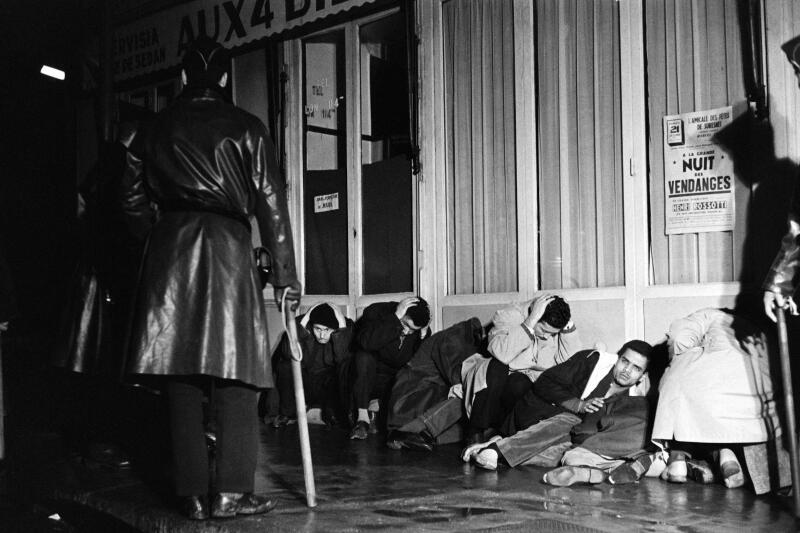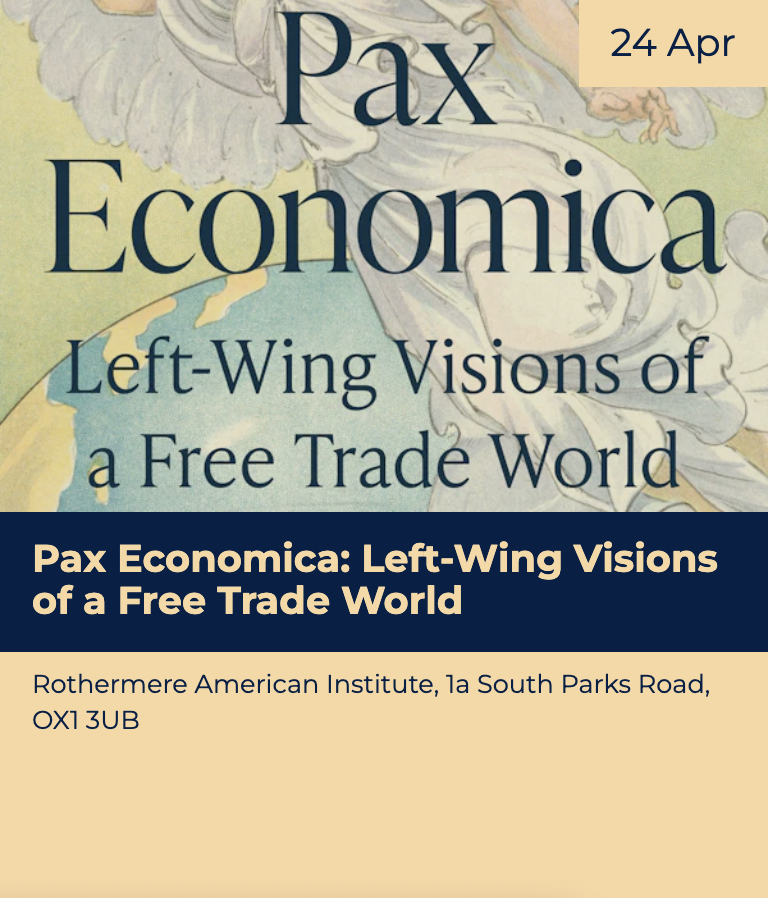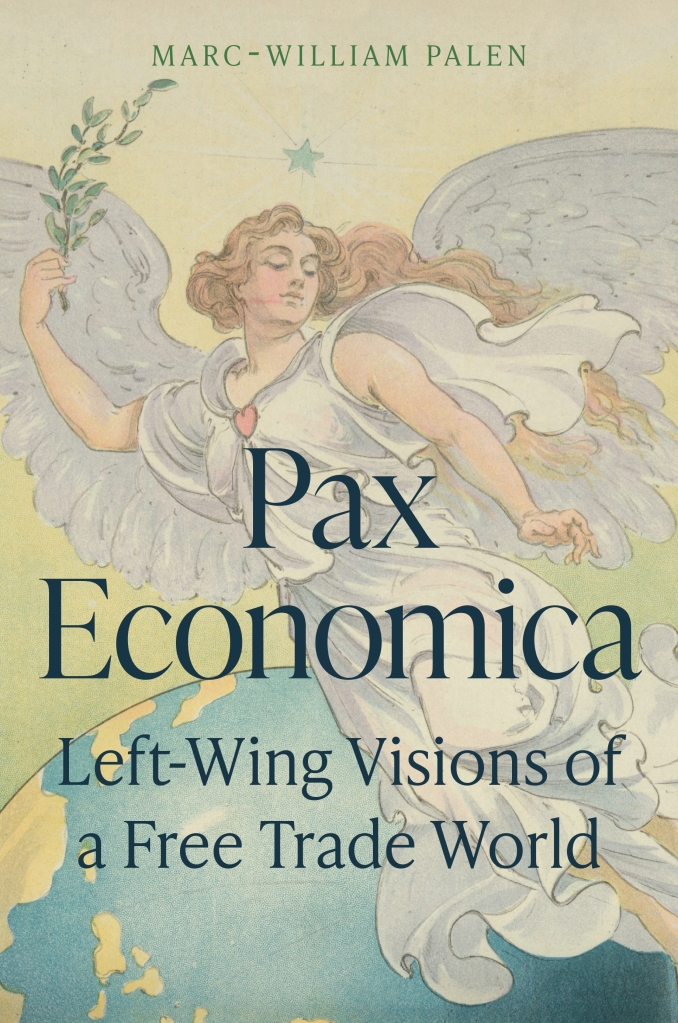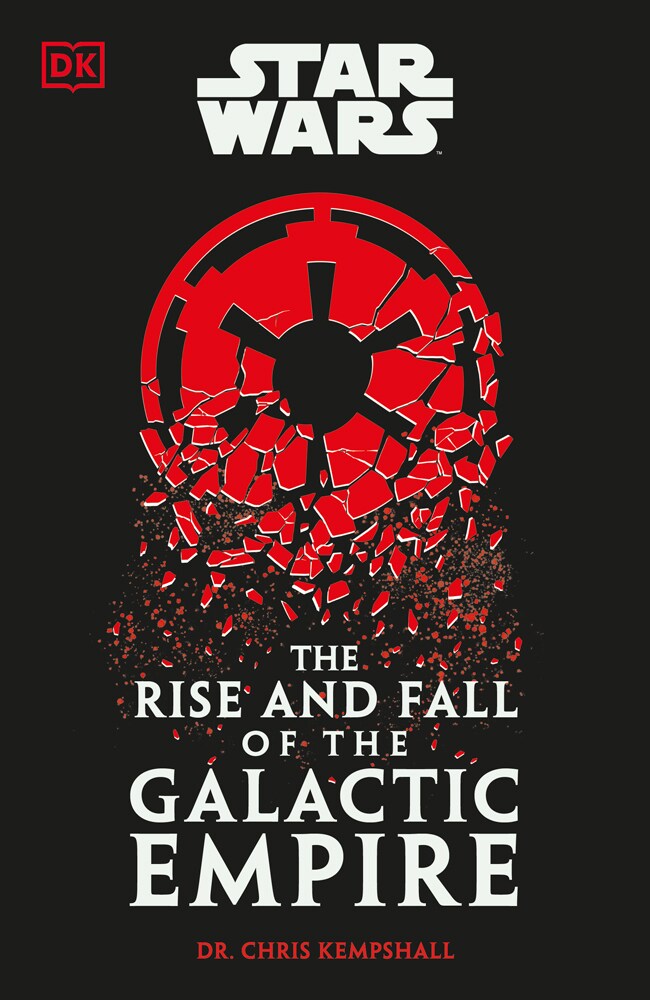Marc-William Palen
University of Exeter
History & Policy’s Global Economics and History Forum is hosting a timely event in early February. Please be sure to register (link below) if you wish to attend.
The British Way in Trade Policy in global perspective: from the Corn Laws to ‘Global Britain’
When: Tuesday, Feb. 6, 2024, 17:00 pm – 19:30 pm
Where: Room G7, Ground Floor, Senate House, Malet Street, London WC1E 7HU
This workshop is designed broadly to come within the ambit of the AHRC-funded Letters of Richard Cobden Online project and will draw from those letters in order to enhance our understanding of British trade policy in its formative period. For not only was Richard Cobden (1804-65) central to establishing unilateral free trade in Britain through the Repeal of the Corn Laws in 1846 but in 1859-60 undertook the laborious negotiation of the first Britain free trade agreement, the Anglo-French commercial treaty of 1860. His letters also deal prominently with the expansion of British trade in India, Japan, and China, while having visited the United States twice, he was also an important contributor to, and commentator on, Anglo-American relations. He was also central to the liberal internationalist tradition linking trade, interdependence, and peace.
British free trade in the mid-nineteenth century remains a benchmark frequently cited in current trade discussions (e.g. Liz Truss, Times Red Box ed. 9 June 2020; Rishi Sunak, 31 Mar. 2023 ‘we are at heart an open and free-trading nation’), and it is to this contemporary discussion that the proposed workshop/ seminar is intended to contribute. The recent Australian Free Agreement was widely hailed as a return to British free trade policy, the such treaty since Britain joined Europe in 1973, and hence ‘the first trade deal to be signed by the UK as an independent free-trading nation in nearly half a century’ (Lord Younger, HL 11 July 2022). However, latest debate on the subsequent Comprehensive and Progressive Agreement for a Trans-Pacific Trade Partnership (House of Lords 21 Nov. 2023) has also focused on the lack of a published government trade strategy. The potential Labour approach to trade policy also remains to be defined. This workshop/seminar is therefore designed to provide a concrete analysis of British commercial policy between the repeal of the Corn Laws in 1846 (also referred to in the July 2022 debate) and joining Europe in 1973 with a view to informing current thinking on trade policy and the tradition to which, after an ‘European interlude’, it is the successor. To this end, the ‘British ‘way’ in trade policy will be contrasted with American, Chinese, and European ways in trade policy. This seminar is designed to bring together historians, policymakers, politicians, and members of think-tanks and interested academics and members of the public.
Confirmed speakers include:
- Professor Anthony Howe, University of East Anglia, author inter alia of Free Trade and Liberal England, 1846-1946 (1998); currently researching Free Trade: an international history from Adam Smith to the WTO.
- Professor Douglas Irwin, Dartmouth College, author of Clashing over Commerce: A History of US Trade Policy (2017)
- Prof David Thackeray, University of Exeter, author of Forging a British World of Trade: Culture, Ethnicity, and Market in the Empire-Commonwealth (2019)
- Dr Marc Palen, University of Exeter (Global Economics and History Forum), author of The “Conspiracy” of Free Trade: The Anglo-American Struggle over Empire and Globalisation, 1846-1896 (2016) and Pax Economica: Left-Wing Visions of a Free Trade World (forthcoming, 2024)
- Professor Piers Ludlow, London School of Economics, author, inter alia, of Roy Jenkins and the European Commission Presidency, 1976-1980: at the heart of Europe (2016).
- Professor Elizabeth Ingleson, London School of Economics, author of the forthcoming Made in China: When US – China Interests Converged to Transform Global Trade (Harvard, 2024).
















You must be logged in to post a comment.